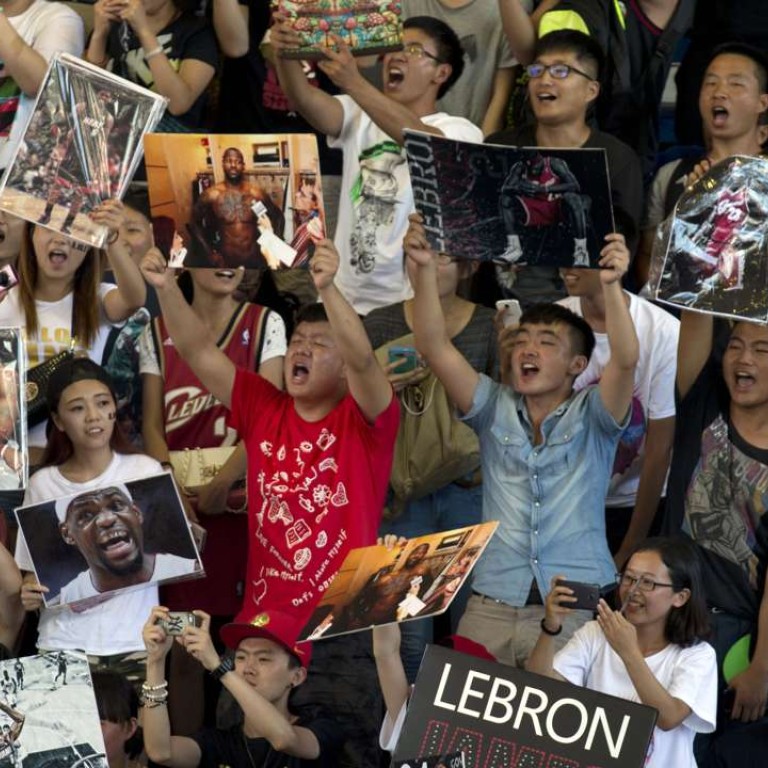
China’s tech firms jumped on sports bandwagon – but can they figure out how to get fans to pay up?
The likes of Tencent, Alibaba, Sina and LeSports who have shelled out vast sums for broadcasting rights are now praying that mainland consumers will embrace the subscription model that works in the rest of the world
The dust seems to have settled – for now – on China’s wild attempt to make sport a key part of the economy by throwing billions of renminbi at leagues, clubs, players ... basically anything and anyone vaguely connected with sport (except Hong Kong-based sports journalists, to my chagrin).
Now the only question for the various companies – LeSports, Alibaba, Wanda, etc, etc –who hitherto had shown little or no interest in sport is: how do we actually make money?
Having splashed out sums for broadcasting rights on most of the world’s key sporting properties that seemed incomprehensible to seasoned sports marketing experts, the next big challenge is going to be convincing China’s punters to stump up.

The Hong Kong-listed company, best known for popular messaging apps QQ and WeChat, wasted little time after the publication of that document, snapping up rights to the NBA in January 2015 in a US$700 million five-year deal.
READ MORE: As China looks to upset football’s world order, January transfer splurge could be just the start
Basketball being hugely popular in China, it seemed a decent bet. Fans have had this season to get used to watching via Tencent’s platforms – now the company’s hoping they’ll be ready to pay.

“We’re a listed company ... we need to earn money, we need to find a way that we can earn [back] the licence fee we paid [to the NBA],” she said.
We’re a listed company ... we need to earn money, we need to find a way that we can earn [back] the licence fee we paid [to the NBA]
“The main revenue [now] is from advertisement, we are trying new business models, trying to do subscription ... we see a lot of success for example overseas, in the US [and] we hope this model will also [work] in China.
“In the past some have tried the subscription model in China and failed, but now with the licensing fees going up and the subscription model having succeeded worldwide in a lot territories we think maybe this will change.
“Tencent would like to try with this trend and let the users know if you pay the subscription then we will have better service for you. Right now [consumers’] incomes are increasing a lot and subscription fees are not so high so it is possible ...
“Of course there’s a long way to go ... but we have patience and we are determined to do subscription.”

READ MORE: China has grabbed world’s attention with transfer spree – but will anyone care when league kicks off?

They signed a five-season deal for the CSL for 2.7 billion yuan (HK$3.2 billion), with subscription promised from the third season. Whizz-bang innovations like watching matches through virtual reality goggles have been promised to make it irresistible.
Meanwhile, have pity for the poor old EPL, usually at the forefront when obscene amounts of cash are being thrown around for broadcast rights.
In 2012 they agreed an unusually long six-year deal and so are locked out of the feeding frenzy until after the 2018/19 season, with the company they sold to merrily selling on their rights to the likes of Sina and Tencent on a season-by-season basis.
Like all the players in China’s new sports economy, they’ll be praying that subscription, or something, anything, keeps the bubble from bursting.

